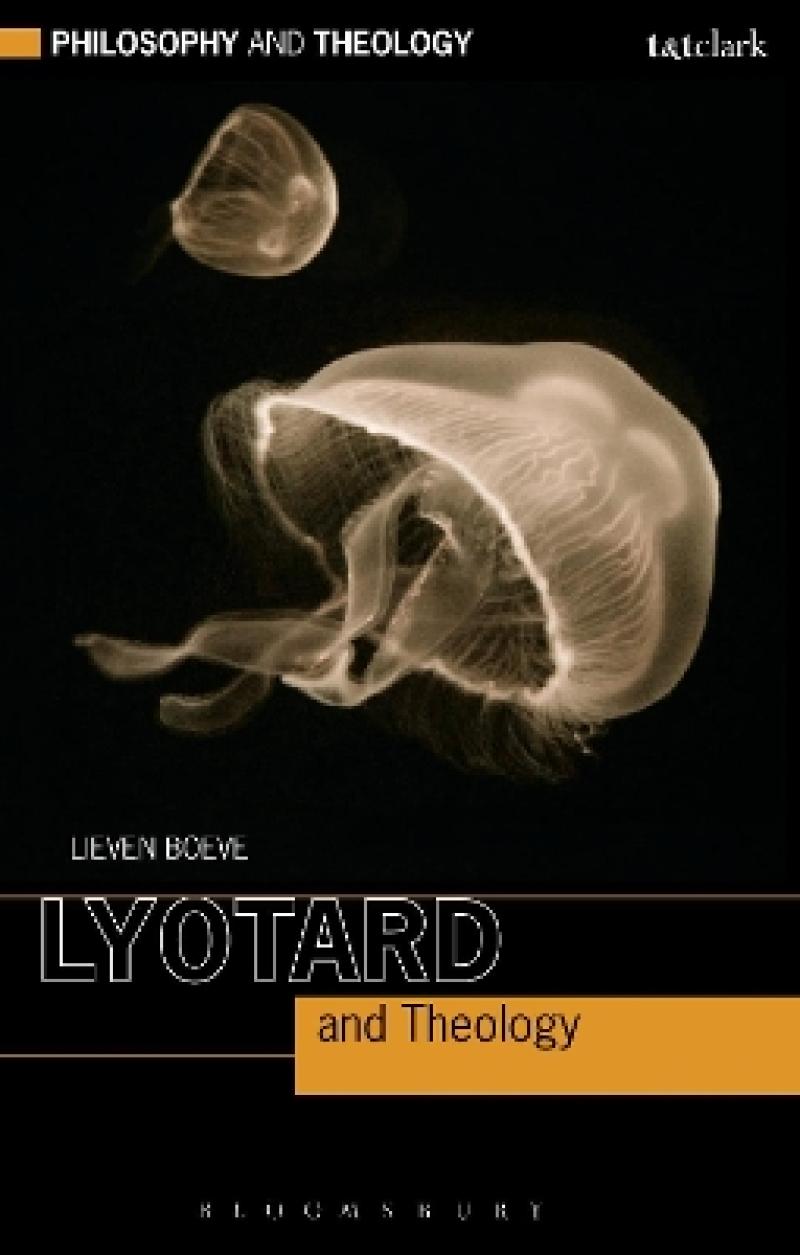It is good to read a volume devoted to Lyotard, as, among the more well-known supposedly postmodern philosophers, he is probably the most neglected ... [E]arlier chapters provide a helpful introduction to his work.
Modern Believing
‘Lieven Boeve, who has made “interruption” and “recontextualization” necessary theological household words, here rectifies the surprisingly thin engagement between Christian theology and the philosophy of Jean-François Lyotard in a masterful two-fold analysis. First, since Boeve knows the Lyotard texts all the way down, we get a superb exegesis of Lyotard’s thought and why it matters. Then, Boeve’s constructive reception of Lyotard’s “differend” reveals the continued vital richness of the Christian open narrative for our times. This is theologizing in the grand tradition of Irenaeus, Augustine, Thomas Aquinas, Rahner, and Schillebeeckx: smart, clear-eyed, grounded in the Gospel and in contemporary life.’
Antony Godzieba, Villanova University, USA
Boeve has managed to render his dense subject matter accessible to readers for whom this volume is a first encounter with Lyotard’s work… Boeve has produced an exemplary engagement with Lyotard as beyond just ‘another thinker of difference’ (8), one that does justice to the viability of Lyotard’s thought and richness of its potential applications.
The Journal of Religion
PREFACE
TABLE OF CONTENTS
1. INTRODUCTION
2. PHILOSOPHY IN THE POSTMODERN CONDITION: ON THE INCREDULITY OF MODERN MASTER NARRATIVES AND BEARING WITNESS TO THE DIFFEREND
3. HOW TO DO JUSTICE TO THE EVENT: THE AESTHETICS OF THE SUBLIME
4. POSTMODERN CRITICAL THEORY IN ACTION: THE CASE OF CAPITALISM
5. THE MASTER NARRATIVE OF CHRISTIANITY: A HEGEMONIC DISCOURSE OF THE IDEA OF LOVE
6. CAN GOD ESCAPE THE CLUTCHES OF THE CHRISTIAN MASTER NARRATIVE?
7. THE LANGUAGE PRAGMATIC PLAUSIBILITY OF OPEN NARRATIVES: CONTINUING THE CONVERSATION WITH JEAN-FRANÇOIS LYOTARD
8. LYOTARD AND/OR THEOLOGY? ON THE PRECISE RELATIONSHIP BETWEEN PHILOSOPHY AND THEOLOGY
9. THE INTERRUPTIVE EVENT OF THE SACRAMENTAL
10. THE INTERRUPTION OF LATE-MODERN POLITICAL THEOLOGY
CONCLUSION
ACKNOWLEDGEMENTS
